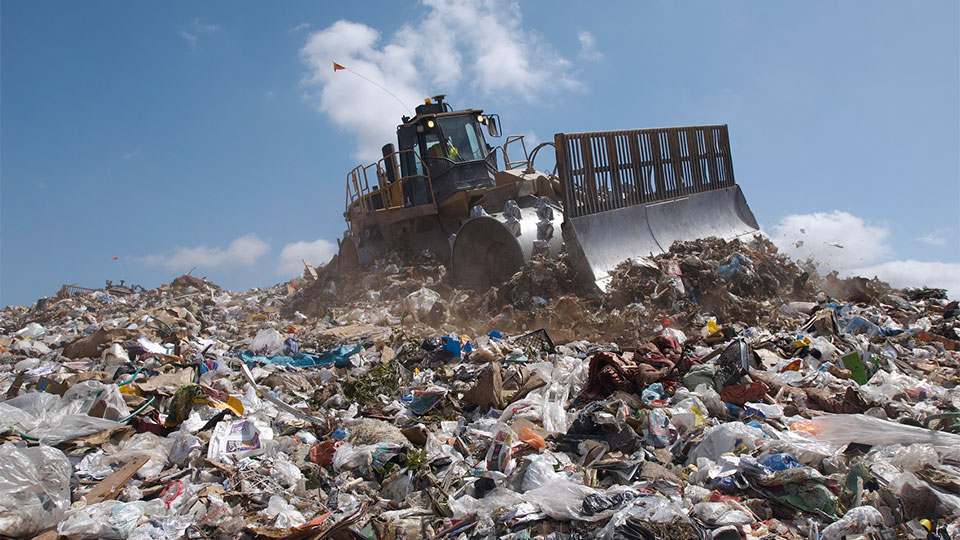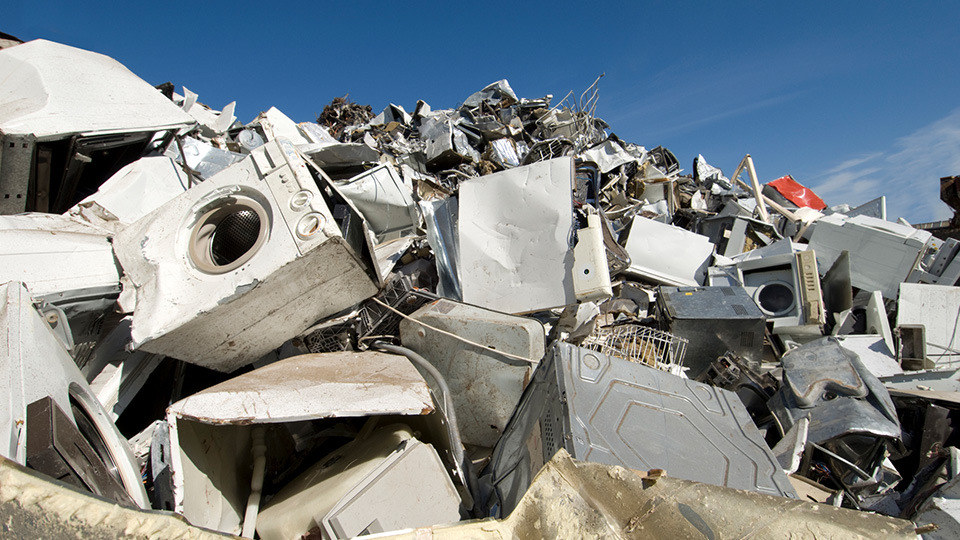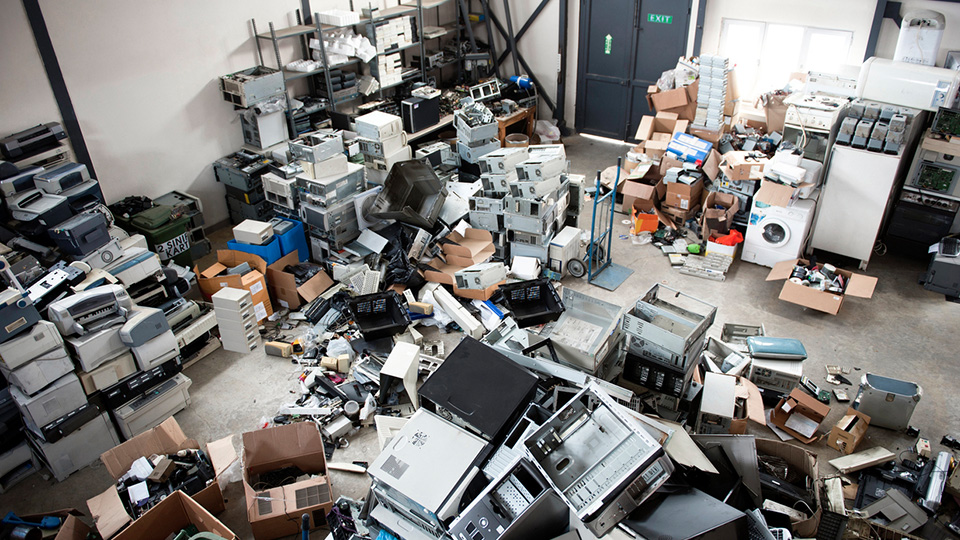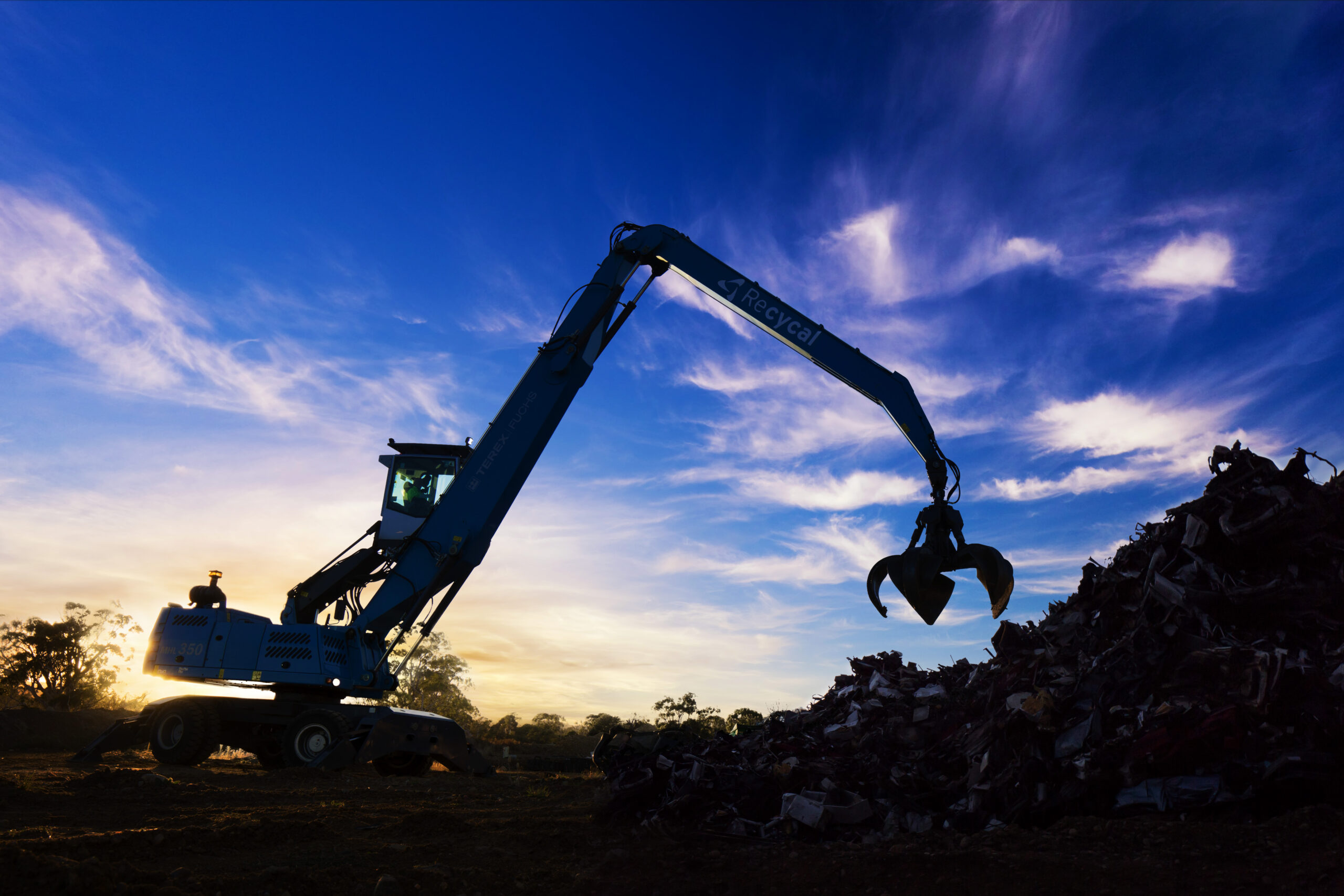The dark side of the glittering screens that school teachers and students rely on is that they eventually fail or become obsolete.
They then add to the mountain of electrical and electronic waste (e-waste), much of which ends up being dumped into landfill.
Aside from things with screens – computers, tablets, phones, calculators, TVs – schools also depend on fluorescent lighting tubes and compact fluorescent lamps, photocopiers, batteries, power tools, lab equipment and numerous other electrical appliances.
The upshot is that schools generate a lot of e-waste.
When dumped in landfill, e-waste becomes both an environmental hazard and a loss of valuable resources.
To address these twin problems Victoria will soon ban the dumping of e-waste in landfill.
Other states can be expected to follow Victoria, and some already ban specific types of e-waste from landfill.
The responsible solution
The only truly responsible method of dealing with e-waste is to recycle it, and because schools are places where electronic equipment is concentrated they are ideally placed to be an important player in the e-waste recycling process.
Not only does school-based recycling provide educational opportunities for students of all ages (and staff, too), it helps schools meet environmental targets and comply with international environmental standards such as ISO 14001.
Making it easy
Ecocycle makes it easy for schools to recycle a wide range of e-waste, including:
Our service includes the pick up and transport of e-waste as well as recycling.
With branches in each state we service schools right around Australia.
Our computer recycling process also ensures data protection through destruction of hard drives, and we can provide recycling certificates on request to help schools demonstrate their compliance with environmental policies and standards.
Get on board
You’ll be surprised how easy it is for schools to responsibly dispose of e-waste, so take the next step and put your school on the right side of the e-waste problem.
Simply give us a call on 1300 32 62 92 to talk to one of our e-waste specialists or fill in the contact form below and we’ll get in touch.






